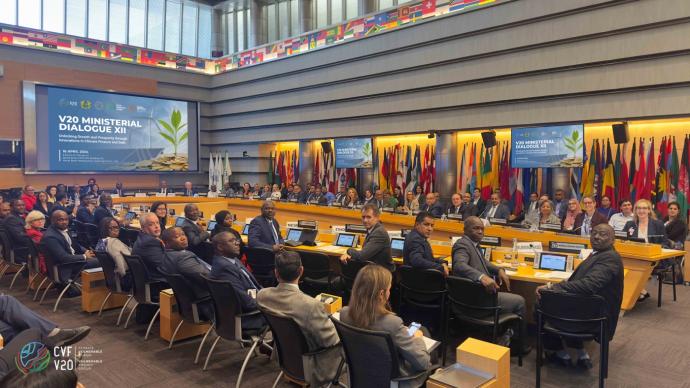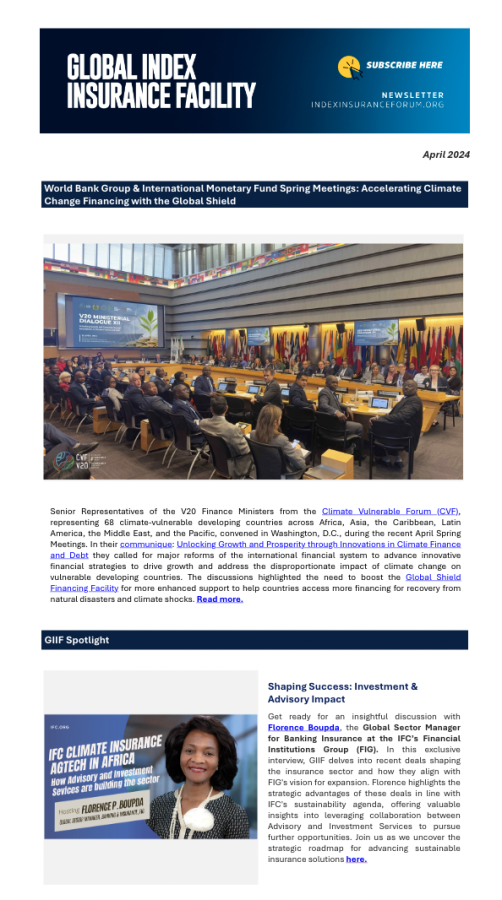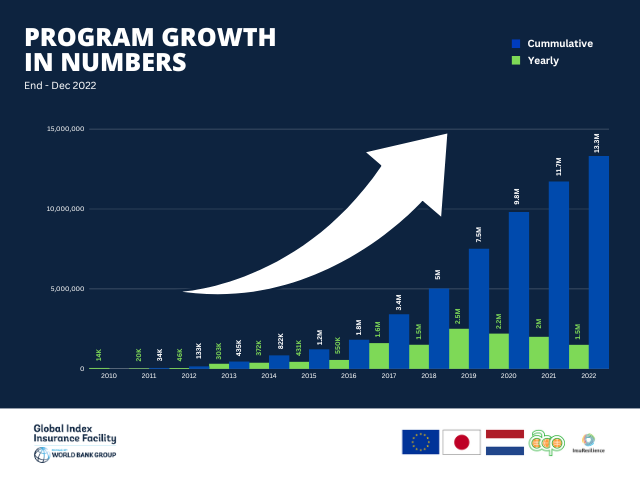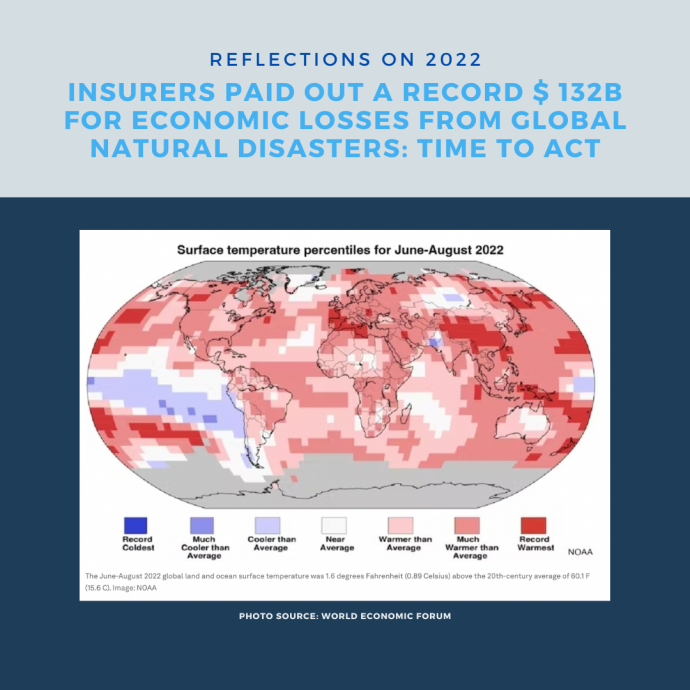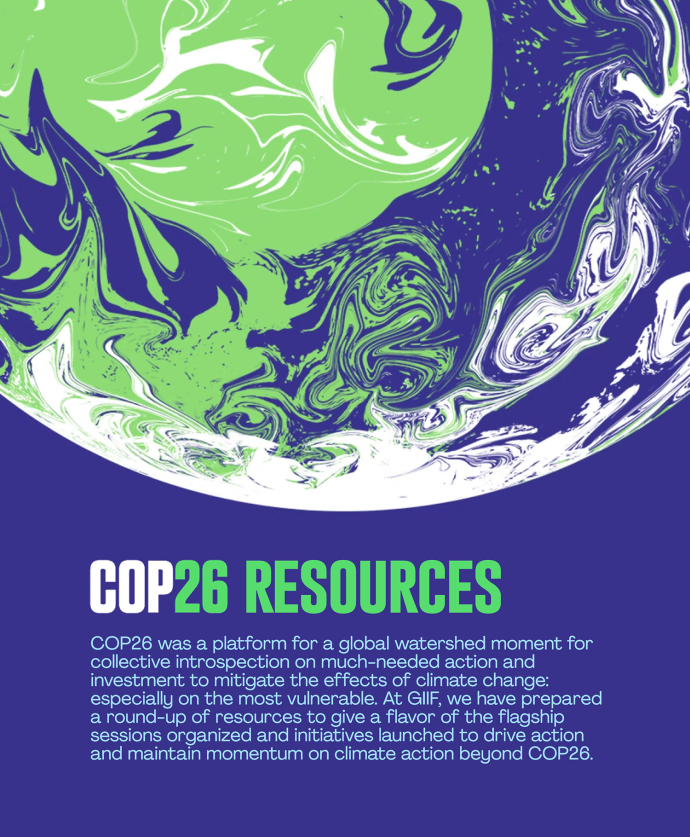30
Apr
On 16 April 2024, Senior Representatives of the V20 Finance Ministers from the Climate Vulnerable Forum (CVF), representing 68 climate-vulnerable developing countries, during the Spring Meetings of the International Monetary Fund (IMF) and the World Bank Group. In their communique, titled " Unlocking Growth and Prosperity through Innovations in Climate Finance and Debt," called for major reforms of the international financial system to advance innovative financial strategies to drive growth and address the disproportionate impact of climate change on vulnerable developing countries. The group

